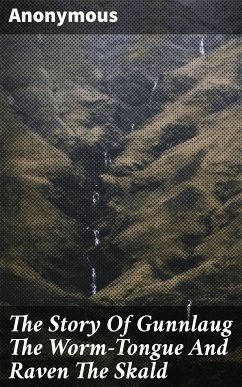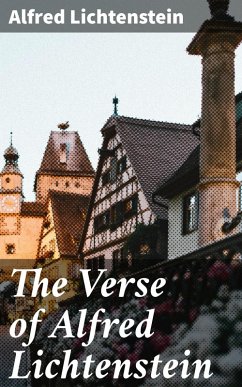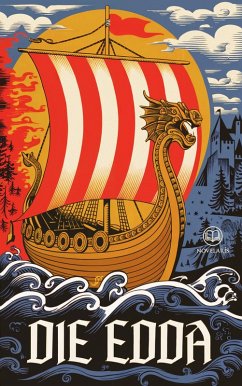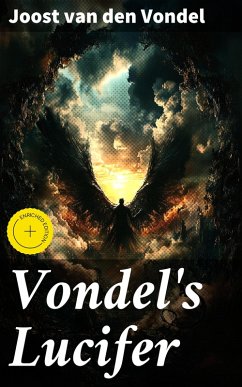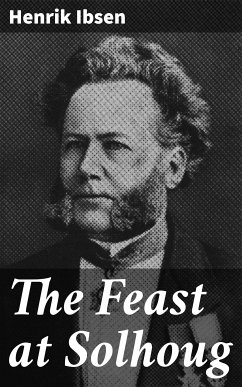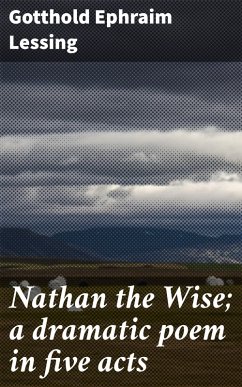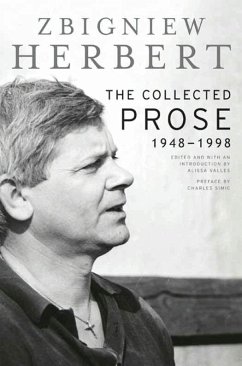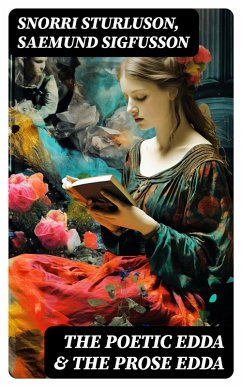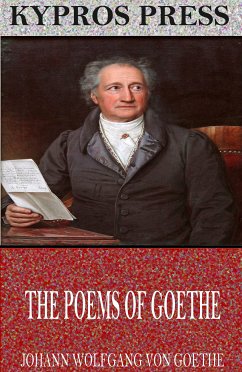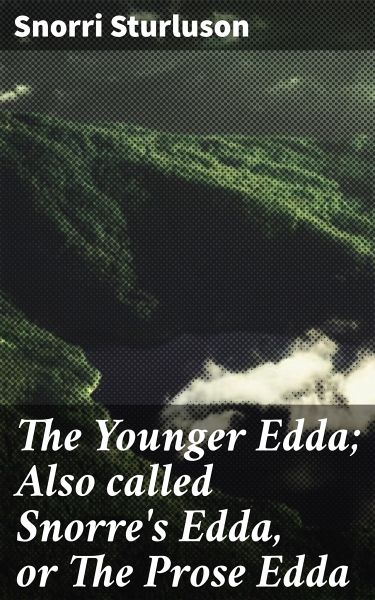
The Younger Edda; Also called Snorre's Edda, or The Prose Edda (eBook, ePUB)
Enriched edition. Unveiling the Secrets of Norse Mythology and Poetry
Kommentar: Merriweather, Fiona / Redaktion: Good Press / Übersetzer: Anderson, Rasmus Björn

PAYBACK Punkte
0 °P sammeln!
The Younger Edda, also known as Snorre's Edda or The Prose Edda, stands as a monumental work of medieval Icelandic literature, first compiled in the early 13th century by the renowned saga writer Snorri Sturluson. This text is an essential source of Norse mythology, offering not only a systematic account of the gods and heroes but also a sophisticated narrative style that intertwines poetry and prose. The Edda serves as a crucial link to understanding Old Norse culture, combining mythology, cosmology, and practical instructions for skaldic poetry, showcasing Sturluson's mastery of language and...
The Younger Edda, also known as Snorre's Edda or The Prose Edda, stands as a monumental work of medieval Icelandic literature, first compiled in the early 13th century by the renowned saga writer Snorri Sturluson. This text is an essential source of Norse mythology, offering not only a systematic account of the gods and heroes but also a sophisticated narrative style that intertwines poetry and prose. The Edda serves as a crucial link to understanding Old Norse culture, combining mythology, cosmology, and practical instructions for skaldic poetry, showcasing Sturluson's mastery of language and his deep knowledge of Norse tradition amid the cultural upheaval of his time. Snorri Sturluson, born into a powerful Icelandic family in 1179, was not just a historian but also an influential political figure navigating the complexities of Icelandic chieftaincy. His exposure to both the rich oral traditions of his ancestors and the evolving literary landscape of medieval Europe likely informed his desire to preserve Norse mythology in written form. His work aimed to rescue these tales from obscurity, reflecting a broader concern with cultural identity during a time of growing Danish and Norwegian influence. The Younger Edda is recommended for anyone interested in mythology, literature, or the historical interplay of culture and identity. It invites readers to explore the intricate tapestry of Norse legends through Sturluson's insightful lens, making it an indispensable text for scholars, students, and enthusiasts alike. In this enriched edition, we have carefully created added value for your reading experience: - A succinct Introduction situates the work's timeless appeal and themes. - The Synopsis outlines the central plot, highlighting key developments without spoiling critical twists. - A detailed Historical Context immerses you in the era's events and influences that shaped the writing. - An Author Biography reveals milestones in the author's life, illuminating the personal insights behind the text. - A thorough Analysis dissects symbols, motifs, and character arcs to unearth underlying meanings. - Reflection questions prompt you to engage personally with the work's messages, connecting them to modern life. - Hand-picked Memorable Quotes shine a spotlight on moments of literary brilliance. - Interactive footnotes clarify unusual references, historical allusions, and archaic phrases for an effortless, more informed read.
Dieser Download kann aus rechtlichen Gründen nur mit Rechnungsadresse in A, B, BG, CY, CZ, D, DK, EW, E, FIN, F, GR, H, IRL, I, LT, L, LR, M, NL, PL, P, R, S, SLO, SK ausgeliefert werden.




